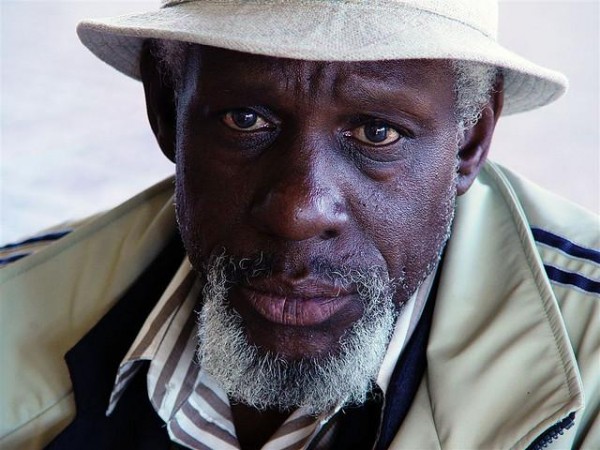Economic Downswing Makes People Racist: Study

Dire economic conditions can turn people racist, according to a study.
Psychologists from the New York University discovered financial crisis and unfavorable economic situations alter people's perception about race and social status of those from minor and disadvantaged communities. They believe scarcity of resources can make people have discriminatory ideas and racist views.
"People typically assume that what they see is an accurate representation of the world, so if their initial perceptions of race are actually distorted by economic factors, people may not even realize the potential for bias," said Amy Krosch, co-author and doctoral candidate in New York University's Department of Psychology in a news release.
Their study handed questionnaires to Non-African American participants to note their concern on inter-racial economic and income disparity. The questionnaire did not have any anti-racial questions or ideas that related to any particular race. These subjects were made to watch 110 color altered faces and asked to rate them as 'black or white'. It was observed that a face whose composition was mostly black was referred as 'black' and vice versa. Participants who believed there was stiff economic competition between African Americans and White Americans mostly rated mixed-race faces as blacks.
In the second part of the experiment, researchers assessed if shortage of resources can make people discriminate and stereotype their African American counter parts as " dark looking". This time the study employed new group of volunteers on pretext of playing a game of allocating money to their online partners. One group was instructed to allocate $10 from $100 to their partners in scarcity and the others were told to part with the entire $10 of $10. The subjects looked at 400 faces flashed on the screen with modified features and complexion to identify their partner in scarcity condition or control condition. It was noted the participants mostly found their partners in scarcity 'darker or black' than those in control condition.
The next stage of trial involved random people walking in a city park who were asked to divide $15 among 110 morphed faces used in earlier part of study. These individuals allocated very amount to faces of people that were depicted to be in scarcity condition.
"Together, our results provide strong converging evidence for the role of perceptual biases as a mechanism through which economic scarcity enhances discrimination and contributes to racial disparities," the authors write in the study.
More information is available online in the journal Proceeding of National Academy of Sciences.
Jun 10, 2014 12:06 PM EDT





